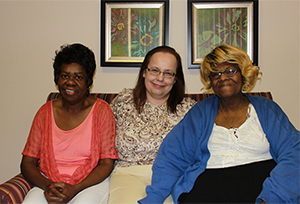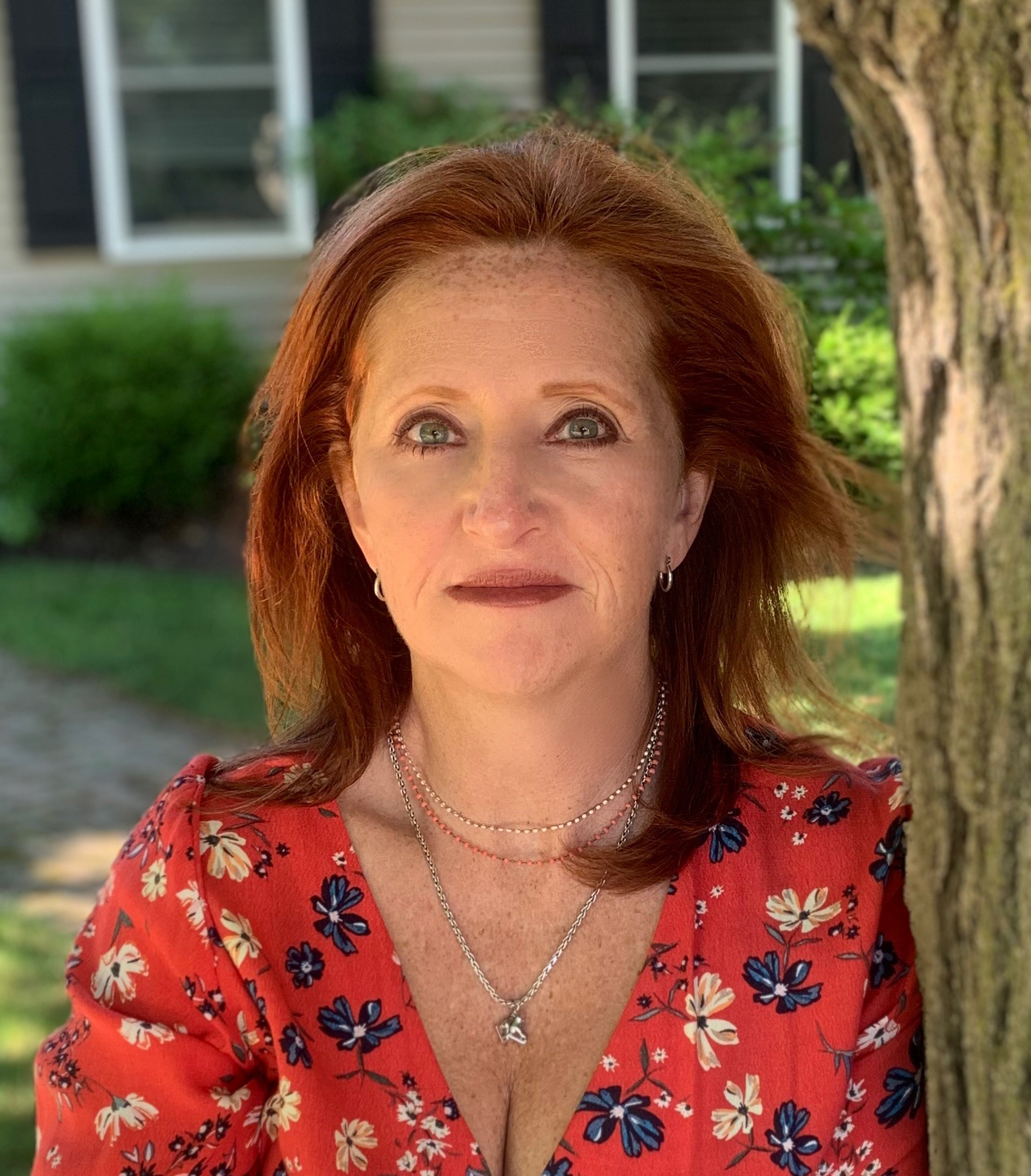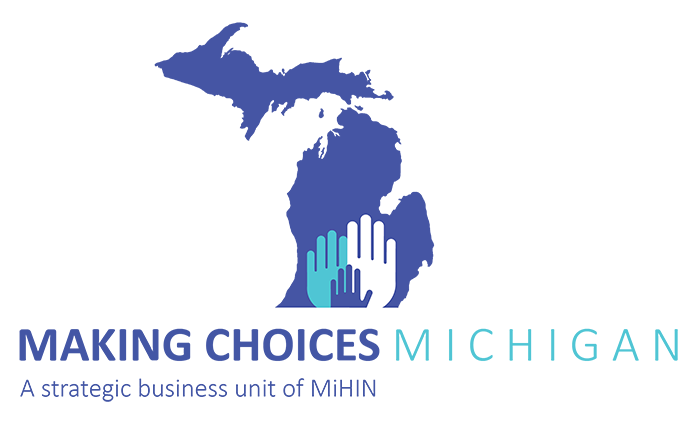Our Story
Our team is here to support you on your life journey. This is our story.
Why We Do What We Do
We are committed to empowering Michigan residents by documenting their preferences, values, and beliefs in an advance directive, and communicating their wishes to their Patient Advocate(s), family, and broader healthcare system.

We believe that every person should be empowered to advocate for their personal health by identifying their preferences for healthcare. We believe that every person deserves to have their preferences honored by their healthcare providers.
DISCUSS
We’re dedicated to creating a community culture where it is acceptable to talk about healthcare choices, including end of life, and to respect and honor those choices.
DECIDE
We’re committed to being a neutral advocate, guiding you through the decision-making process to help you clarify what is most important to you to help you determine your preferences for future healthcare.
DOCUMENT
We’re dedicated to ensuring that your document is available at the time of need by registering it through the MiHIN’s trusted and secure Community Health Record, making it available (only as appropriate) to a state-wide network of hospitals, primary, specialty, and allied care organizations.

Frequently Asked Questions
What is advance care planning?
Advance care planning (ACP) is a process – a conversation, really – to help you clarify your health care values for future end-of-life care. The conversation includes you, your loved ones, a trained facilitator, and eventually your health care providers. The discussions will help you clarify your wishes regarding future medical care should you no longer be able to speak for yourself.
What is an Advance Directive (AD)?
The Advance Directive (AD) is a document created as a result of advance care planning discussions. It reflects your healthcare values and preferences for end-of-life care. For example, what are your preferences for pain management? When would you want life-support treatment versus allowing a natural death?
The AD also appoints a patient advocate to speak for you if you are deemed unable to make informed decisions about your care. Your attending physician and another physician or psychologist must agree, in writing, that you are incapable of making informed decisions. In Michigan, an AD is often called a Patient Advocate Designation.
How is an Advance Directive different from a Living Will?
A Living Will expresses your healthcare values and preferences for end-of-life care with- out naming a patient advocate. Michigan law does not specifically authorize a Living Will as a separate document, but the information can be included in an Advance Directive (or Patient Advocate Designation).
Read more… FAQs

What Others Are Saying
I want to thank you both for making this (Advance Care Planning) happen for me. The experience really helped me think through some of my wishes. It gave me some specifics to talk about with my children so that they will understand me and my needs better. They will be surprised that I would like to be in residential hospice if that is necessary. I feel more at peace about the future, even though I probably will never wrap my mind around not “being!”
— Judy
Our Approach
Let’s Get Started
The steps to discuss, decide, and document your preferences for future healthcare include:

STEP 1 – Initial Conversation
Contact us and schedule your first meeting with a certified facilitator to start discussing your goals and preferences for future healthcare. Your facilitator will guide you through the process and help you identify a great patient advocate, as well as what’s important to you to live a good life. If you already know who you would like your patient advocate to be, they can attend this meeting with you.

STEP 2 – Choose your advocate(s)
If you don’t already know who you would like your patient advocate to be, your facilitator can share with you what qualities to look for in a great patient advocate. You may want to talk to your potential advocates and have a conversation about what it means to advocate for you should you be in a situation where you cannot speak for yourself. Your patient advocate will need to sign a document agreeing to speak for you, and they can do that at home or they can come with you to a meeting with your facilitator if they have further questions.

STEP 3 – Document your Preferences
Put your preferences for healthcare and the names of your chosen patient advocates in writing and make it legal by filling out an Advance Directive form. Your facilitator will help you complete it and ensure that it has the proper signature from you, your patient advocates, and two witnesses. Once the form is complete, make copies to give to your family, advocates and healthcare providers.

STEP 4 – Register your Preferences
Register your document with MiHIN’s trusted and secure Community Health Record. Registering your document makes it available (only as appropriate) to a state-wide network of hospitals, primary, specialty, and allied care organizations. By registering your document, healthcare providers caring for you will have immediate access to your wishes.
Our Team
We believe that every person should be empowered to advocate for their personal health by identifying their preferences and having them honored by their healthcare provider. We will help you create your personal roadmap to plan for future healthcare decisions. Meet the team that will help you through this process.

Lisa Nicolaou
Director, Cross Sector Data Sharing Program
Lisa Nicolaou is the Cross Sector Data Sharing Program Director. This new role provides leadership in the emerging Social/Technical domain to bridge the rapid escalation in information surrounding SDOH and the technical leadership to ensure alignment with national data standards to ensure an appropriate data stream for patients, clinicians, and policymakers. Lisa’s early experience as an Emergency Department Nurse in inner city Baltimore, cemented her convictions on how unmet social needs impact individual and population health, long before the term SDOH became commonplace. Lisa understands the role and value that technology brings to health and social care. From her early Nursing career with The University of Toronto and Johns Hopkins Medical Institution she went on to a master’s degree in Nursing Informatics from the University of Maryland. Her education in Nursing and Information Science allows her to bridge the divide between the social, health and technology domains. Her experience in program building and change management and healthcare transformation in Michigan provide context, longitudinal context and a depth of understanding necessary to take on the challenges of this new Social Technical domain.
Other MCM Pages
MCM Home | About | Resources | Life Stages | Let’s Talk | Volunteer | ACP CoP
*If you’re experiencing issues with links or buttons not working, refresh the page or try a different browser.

